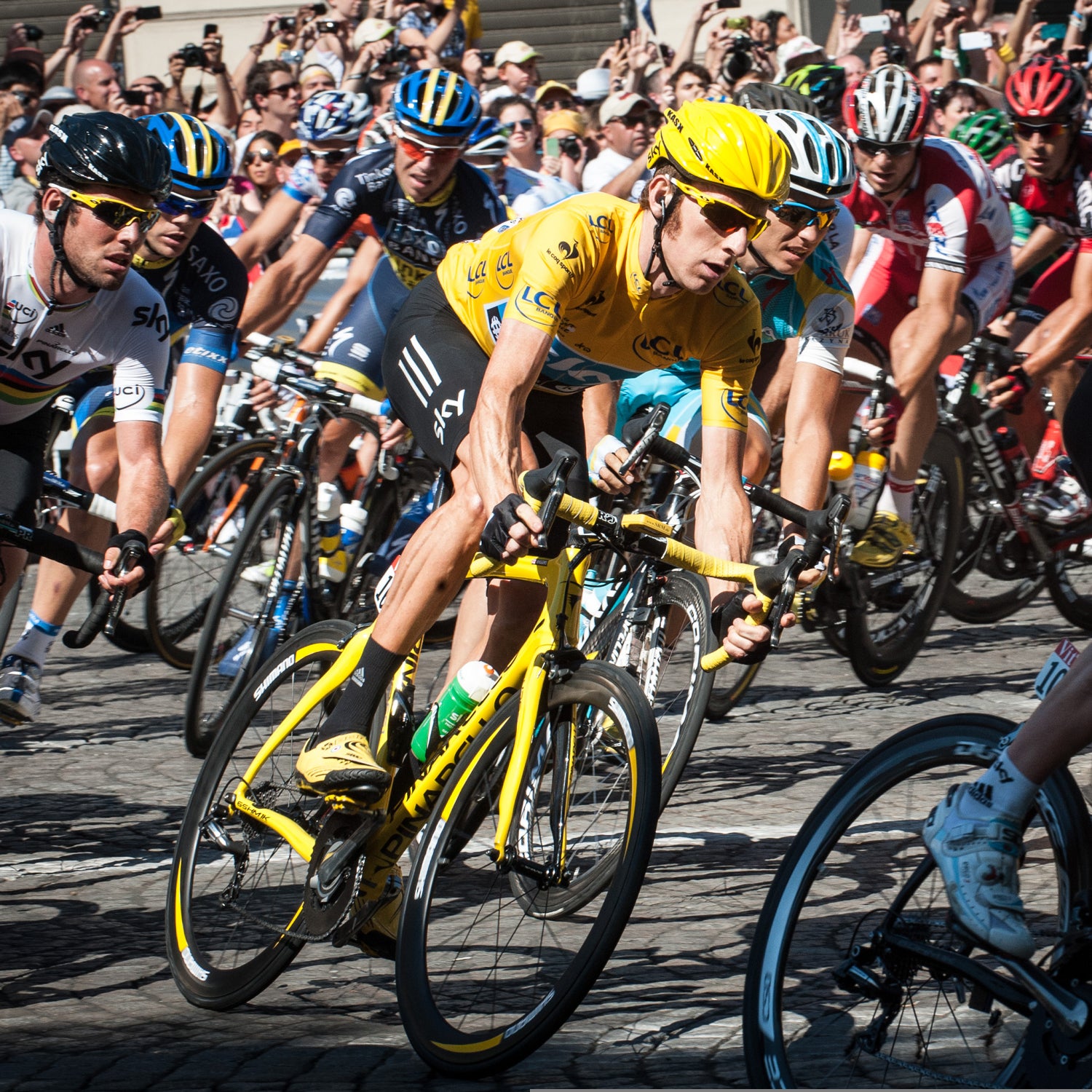Elite athletes seem to epitomize health—lean, powerful, efficient, and bursting with energy. But that image is one that is almost always presented during competitions, when they are rested and focused; it doesn’t necessarily mean that the years of grueling training and obsessive dedication required to reach the highest levels of sport are good for a person. , who coaches more than 20 Olympic medalists in track and field, recently , “Elite sport is not healthy; hopefully, this is not controversial.”
Yet it is a controversial statement—an idea that’s been debated among athletes, coaches, and researchers . And it’s still a question worth asking: Does sustained elite performance damage one’s health?
The answer more generally depends on how you define health and to whom you are comparing elite athletes. , a medical scientist who has coached more than 30 world champions and Olympic medalists, calls health “the absence of disease and the capacity to enjoy life and withstand challenges,” the consensus of many other physicians and public health researchers.
On the question of longevity and disease, the answer is clear: Elite athletes fare better than just about anyone. A comprehensive review published in 2015 in the journal Sports Medicine, titled “,” examined more than 450,000 athletes and found that, on average, elites live four to eight years longer than age- and sex-matched controls in the general population. The greatest benefits were for athletes who competed in sports with high aerobic demands, such as running, cycling, swimming, and soccer. Other studies show that compared to the general population, elite athletes of heart disease, stroke, and smoking-related cancers. Even the most extreme endurance athletes—Tour de France cyclists, for example— than nonathletes.
The second element of health is psychological—the question of enjoyment in life—and the answer to that is a bit trickier. Some studies show that following their retirement, elites have than the general population—perhaps related to the resilience they developed as competitors or to the fact that . But shows comparable rates or potentially increased risk for mental-health issues. McMillan says this dichotomy depends on the support elite athletes receive during their career and early retirement. Sports psychologists from the University of Melbourne in Australia agree, in a 2016 article in Sports Medicine, “There is enormous scope for programs to boost athlete well-being, which would likely flow on to benefits in competitive performance and increase the likelihood of a successful transition to retirement.”
“There are healthy and unhealthy ways to pursue any goal,” says , a sports scientist and coach to Ironman triathletes. Like the overworked corporate attorney or investment banker, elite athletes are put into situations that require them to sacrifice a lot from their mind and body. Overtraining syndrome, for example, poses a significant risk to elite endurance athletes, as do eating disorders—multiple studies have found that the prevalence of eating disorders in elite athletes is to times that of the general population. If not tempered, the same drive and determination that helps shape an elite athlete can become harmful. Perhaps this is why, when I asked about his recent tweet, McMillan told me, “I don’t care about comparing elite athletes to the general population, which we know is far from healthy. I care about getting coaches to realize that elite athletes aren’t machines; they are humans that need support far beyond the workouts we write for them.”
McMillan’s sentiment is important because, despite the intensity with which elite athletes live their lives, when approached with sound training, nutrition, and emotional support, it seems that training and competing at that level can be quite healthy—much healthier, in fact, than the alternative. Perhaps six-time Ironman champion sums it up best: “I think pushing to see what you are capable of is the fundamental definition of health. That doesn’t mean elite sport is always healthy—it can be physiologically and psychologically depleting, and even detrimental at times—but in total, it teaches you something about yourself. And that’s the very definition of health.”
Brad Stulberg (@) writes �����ԹϺ���’s Science of Performance column and is author of the new book .


